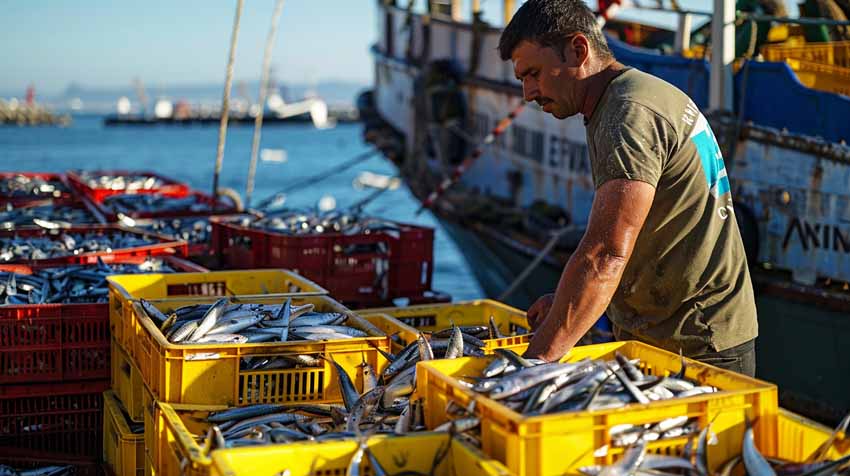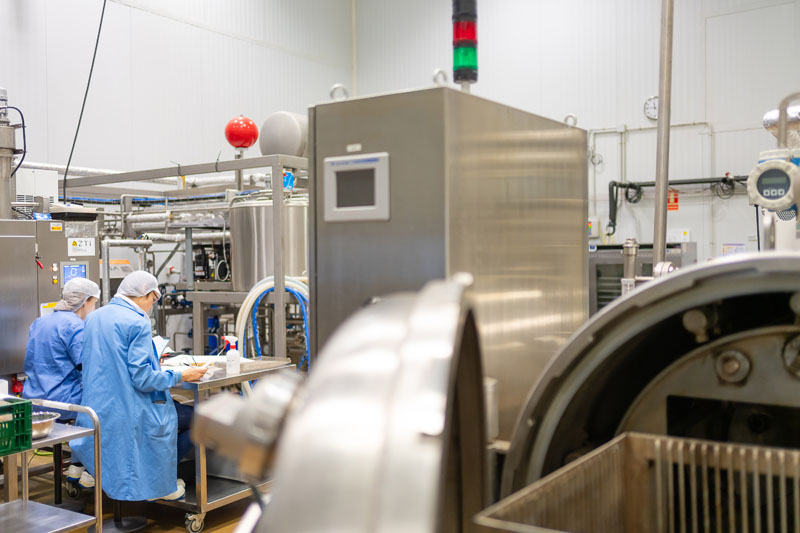International Day of Women and Girls in Science
Últimas noticias
Savour and sustainability: insects in gastronomy
Catching fish living at depths of more than 200 meters may have climatic consequences
The future of marine resources and its impact on food security
UNESCO speaks of STEM (science, technology, engineering and mathematics) careers as the jobs of the future, the ones that drive innovation, social welfare, inclusive growth and sustainable development.
However, interest in these fields seems to be declining in general and remains even lower for girls.
Now that we count more girls attending school than ever before, and female enrolments are outpacing male enrolments in universities, only 26 out of every 100 students are women in STEM studies.
Science and technology are not neutral. They are shaped by the contexts of those who develop them. That is why it is essential, here too, to overcome the gender barrier.

With this objective in mind, the first edition of INSPIRA STEAM was launched in 2016, a pioneering project promoted by the University of Deusto to foster scientific and technological vocation among girls, based on awareness-raising and guidance actions, which are given by professionals from the world of research, science and technology through group mentoring. AZTI scientists have been taking part in the programme since its inception, and many female researchers have already taken part.
11 February is the International Day of Women and Girls in Science, and we would like to recognise the actions to promote scientific vocation among girls, because The answer lies in science, and science needs to overcome gender inequalities.
We talked to María Mateo, PhD in Evolutionary and Functional Ecology and INSPIRA mentor, and Henar Villanueva, a biochemistry graduate and teacher in the first and second years of ESO at the Esclavas de Sagrado Corazón Fátima School in Bilbao.
María and Henar agree that from an early age, differences can be seen in the behaviour of boys and girls and that this can also be seen in their attitude towards their hobbies.
Neither of them had any major difficulties in choosing their studies, although it is true that as they progressed in their studies, and even more so in their working lives, the differences and the lack of female points of reference became more obvious. It was precisely the perception of these differences that led them to take an interest in programmes such as INSPIRA, which, among other things, helps them to have points of reference beyond stereotypes.
INSPIRA is based on the methodology of group mentoring. The mentors bring their day-to-day work to girls and boys through 6 work sessions during school hours, addressing topics such as the stereotypes that surround us, work or women and science throughout history. They offer safe spaces where young people can talk about their experiences and overcome stereotypes or assumptions.
We thank Henar and María for their time, but, above all, for their commitment to transforming a system that still has much room for improvement.
This conversation is available in podcast (in Spanish) here.







